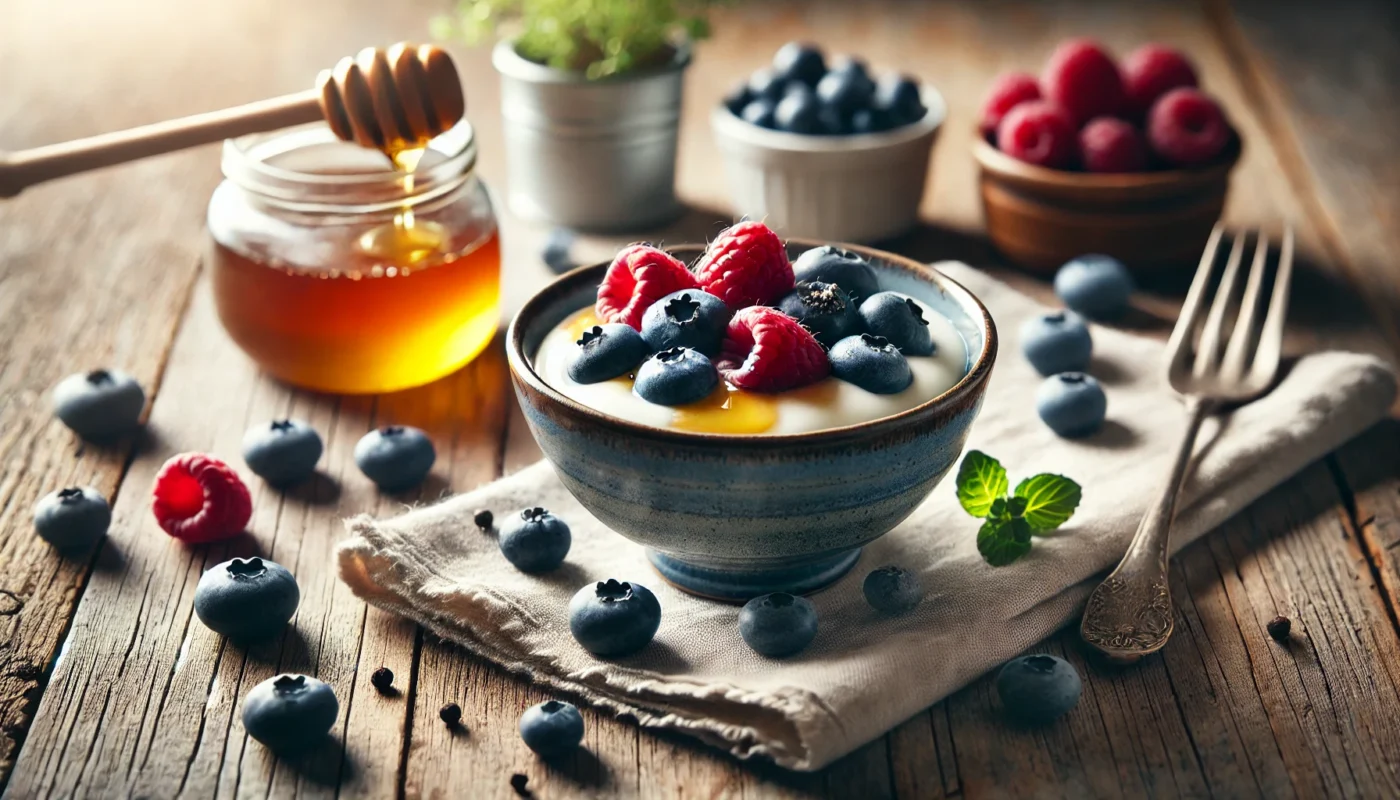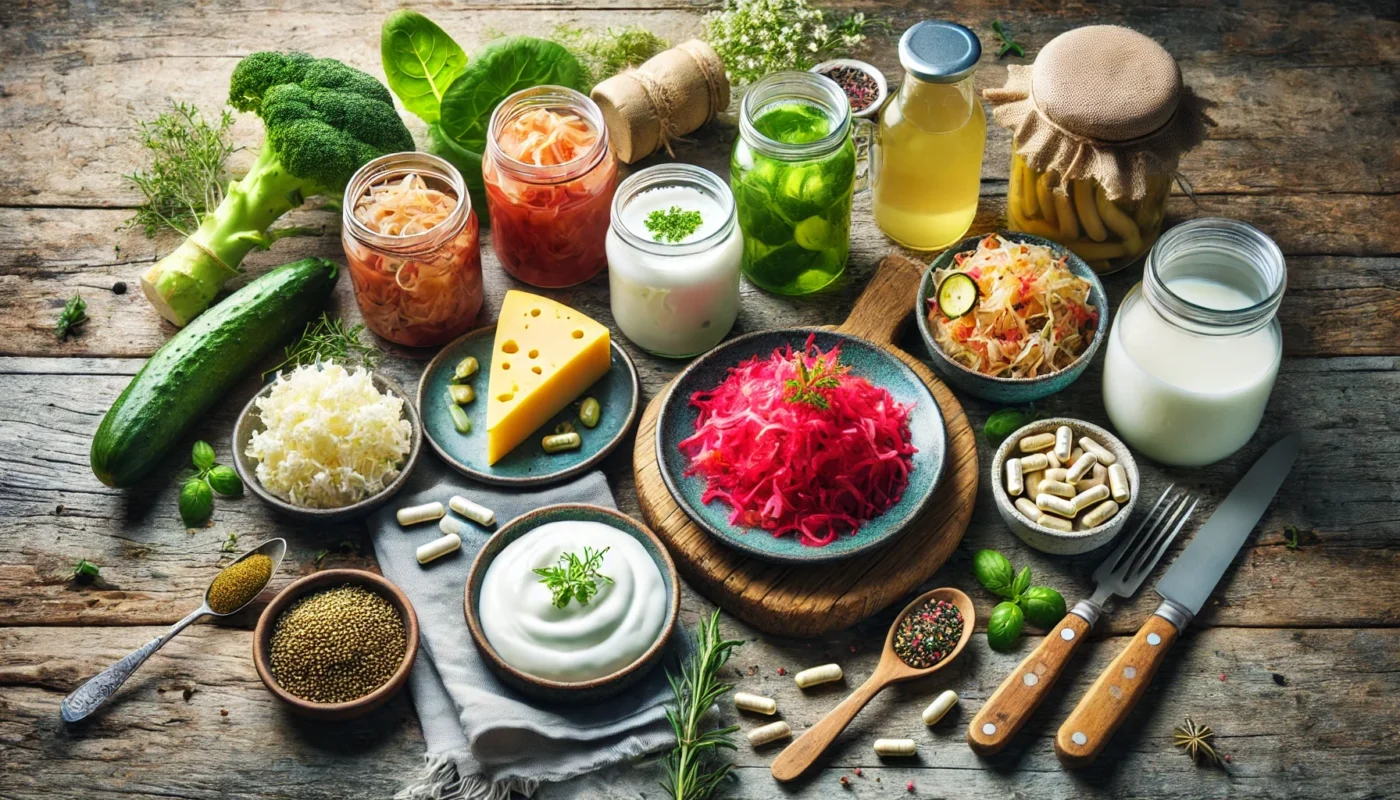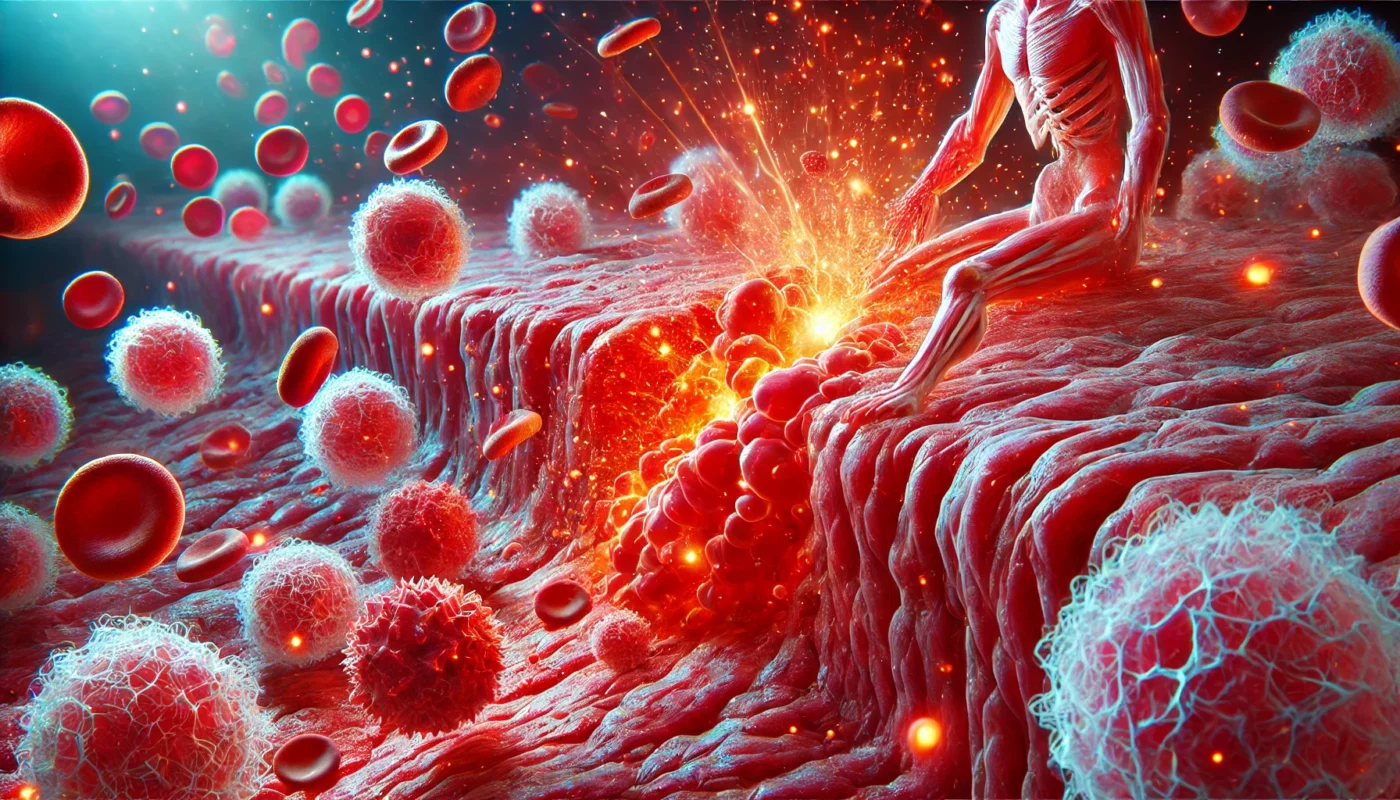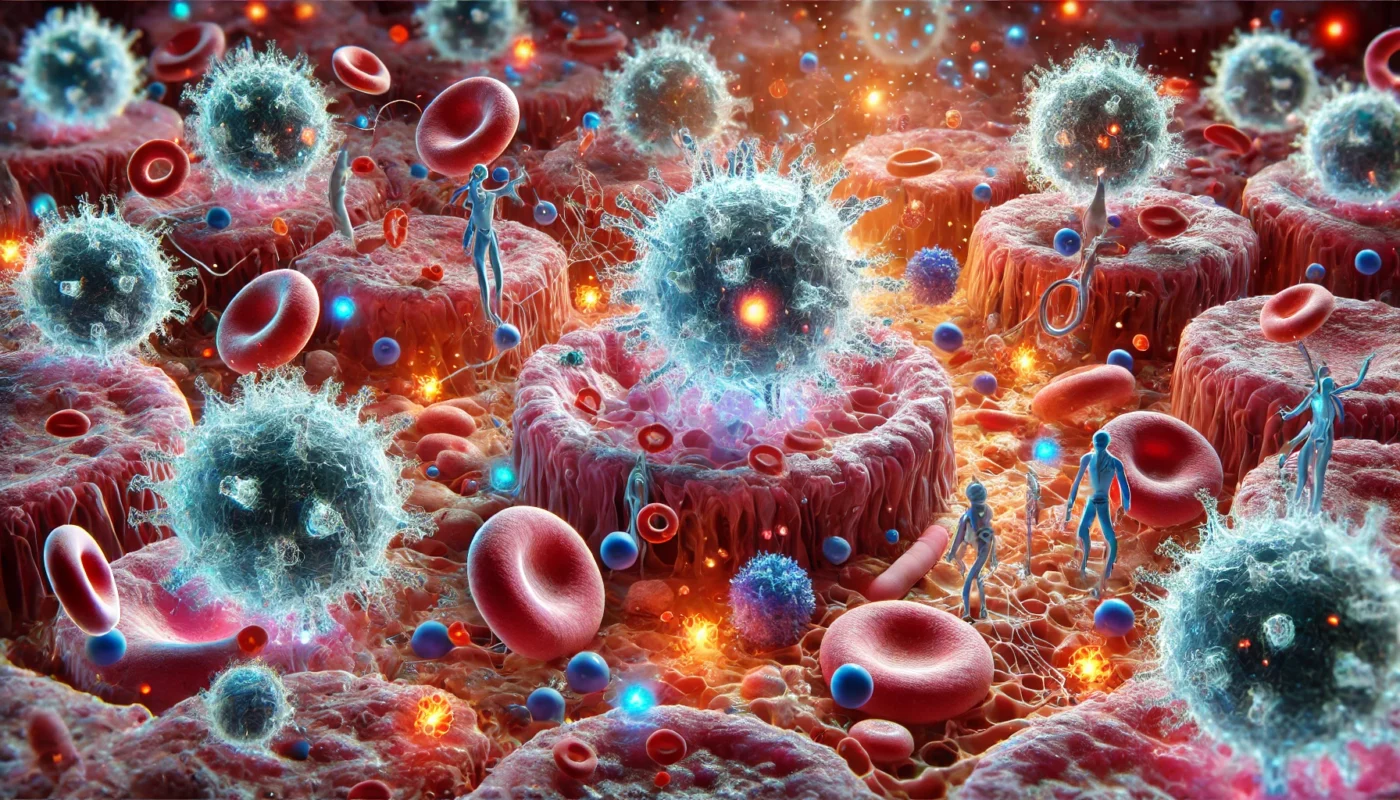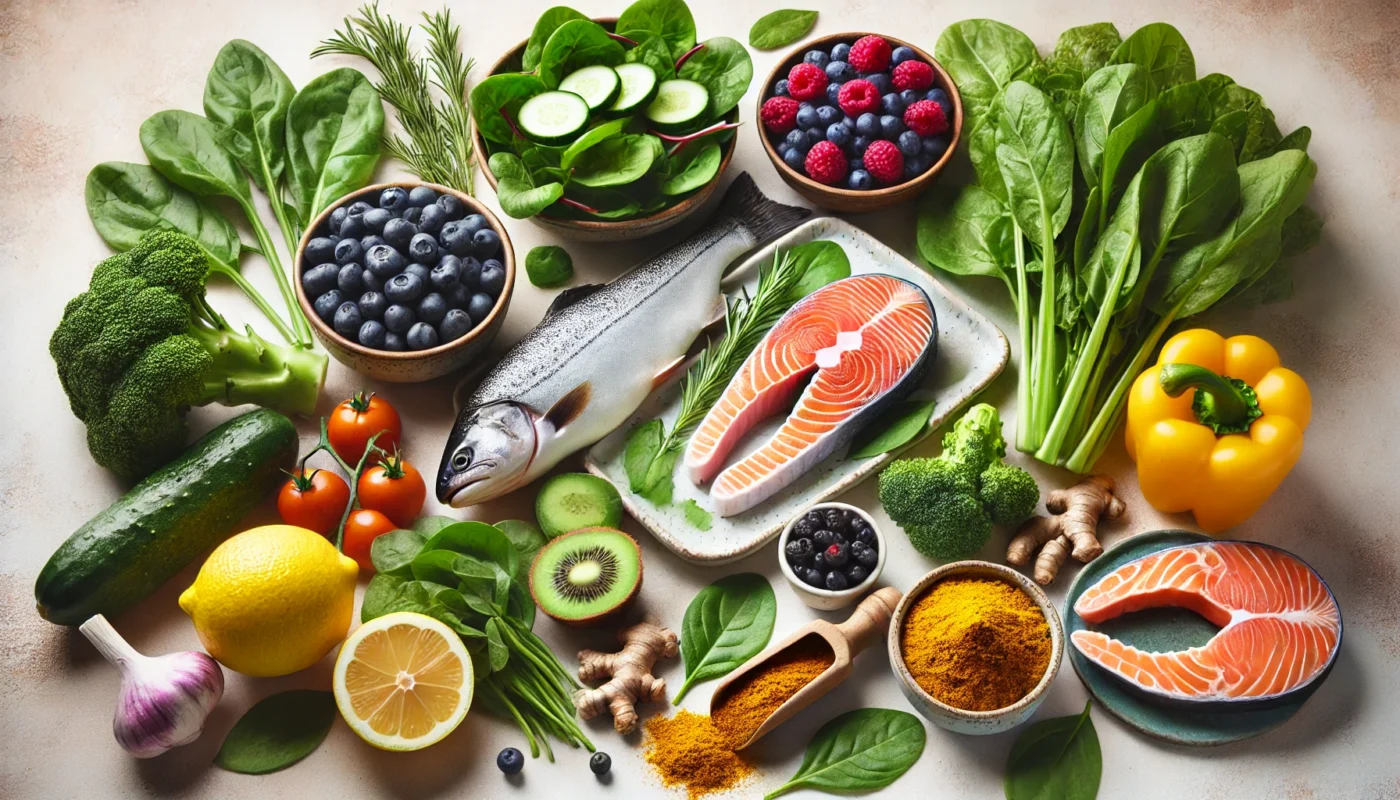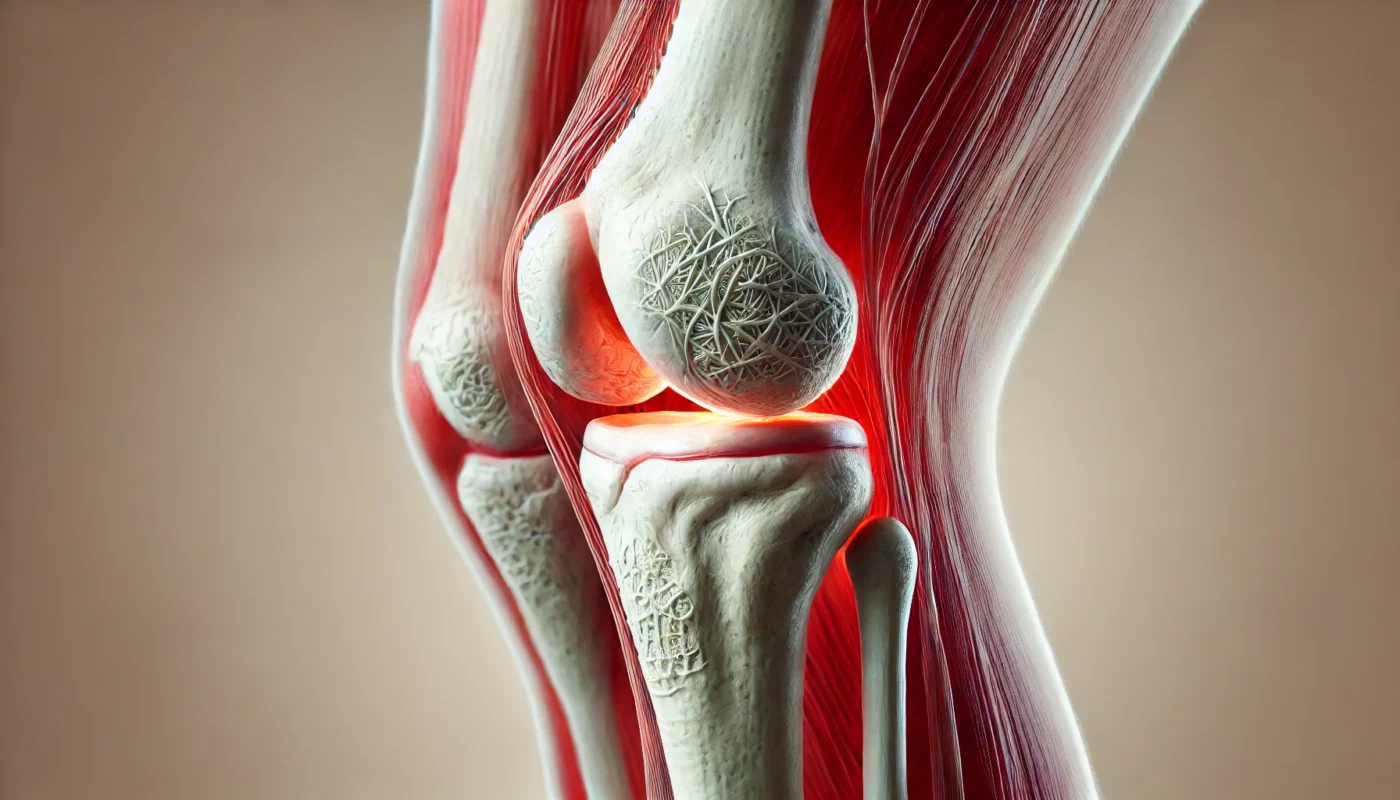Autoimmune diseases are complex and often challenging to manage, leaving many individuals seeking alternative solutions to alleviate symptoms and improve their quality of life. While conventional medicine offers various treatments, natural supplements can provide a complementary approach to managing autoimmune conditions. In this article, we will delve into the benefits and considerations of using natural supplements for autoimmune condition relief, helping you make informed decisions on your wellness journey.
Tag Archives: anti-inflammatory diet
Inflammation is a natural immune response that plays a critical role in healing and defending the body against foreign invaders. However, when inflammation becomes chronic, it can contribute to various health issues, including arthritis, heart disease, and even cancer. As interest in dietary strategies to manage inflammation grows, yogurt has emerged as a food of interest due to its potential anti-inflammatory properties. But does yogurt really help with inflammation, or could it exacerbate it? Let’s delve into the scientific evidence to better understand yogurt’s role in inflammation.
Before discussing probiotics, it’s essential to grasp the intricacies of autoimmune diseases. These conditions, such as rheumatoid arthritis, lupus, and multiple sclerosis, involve the immune system misidentifying its own tissues as threats, leading to chronic inflammation and tissue damage. The gut microbiome, a complex ecosystem of bacteria residing in the digestive tract, plays a crucial role in regulating the immune response. An imbalance in this microbiome, known as dysbiosis, is often linked to autoimmune conditions.
Inflammation is the body’s natural response to injury or infection. It serves as a protective mechanism, mobilizing the immune system to heal damaged tissue and ward off harmful pathogens. There are two types of inflammation: acute and chronic.
Before diving into the list of top clinics, it’s essential to understand the nature of back pain and the spectrum of treatments available. Back pain can range from a dull, constant ache to a sudden, sharp pain that makes movement challenging. It can result from various factors, including poor posture, muscle strain, herniated discs, or even more severe conditions like spinal stenosis.
Back pain can stem from various causes, including poor posture, sedentary lifestyle, injuries, or underlying medical conditions such as herniated discs or arthritis. It’s not just about the physical discomfort; chronic back pain can also lead to psychological stress and impact your overall quality of life. Understanding the root causes of your pain can help in selecting the most appropriate treatment strategy.
When faced with persistent neck pain, it’s crucial to understand the different types of medical professionals who specialize in diagnosing and treating this condition. This knowledge will empower you to make informed decisions about your healthcare.
Inflammation is the body’s natural defense mechanism, triggered by the immune system to protect against injury, infection, or toxins. It involves the release of inflammatory proteins and chemicals to facilitate healing. However, when inflammation persists, it can result in chronic conditions. The key to managing inflammation lies in balancing the body’s response, ensuring it is neither overactive nor underactive.
When the body detects an injury or harmful pathogen, the immune system springs into action. White blood cells are dispatched to the affected area, releasing chemicals that cause blood vessels to expand. This process allows more immune cells to reach the site, facilitating repair. However, this response must be carefully regulated, as an unchecked immune reaction can lead to tissue damage.
Inflammation involves a complex interplay of cellular and molecular events. Pro-inflammatory cytokines and chemokines are produced to recruit immune cells to the site of injury. Additionally, the complement system, a group of proteins in the blood, becomes activated to enhance the ability of antibodies and phagocytic cells to clear pathogens. Understanding these mechanisms is crucial for developing strategies to manage inflammation effectively.
Colon inflammation, often associated with conditions like Crohn’s disease, ulcerative colitis, and IBS, involves the irritation and swelling of the colon lining. This can lead to symptoms such as abdominal pain, bloating, diarrhea, and fatigue. While medical treatments are essential, dietary interventions can play a significant role in managing these symptoms.
Before diving into solutions, it’s essential to understand what joint inflammation is. Joint inflammation, or arthralgia, is characterized by swelling, pain, and stiffness in the joints. It can result from various causes, including autoimmune disorders, injuries, or general wear and tear of the joints.


